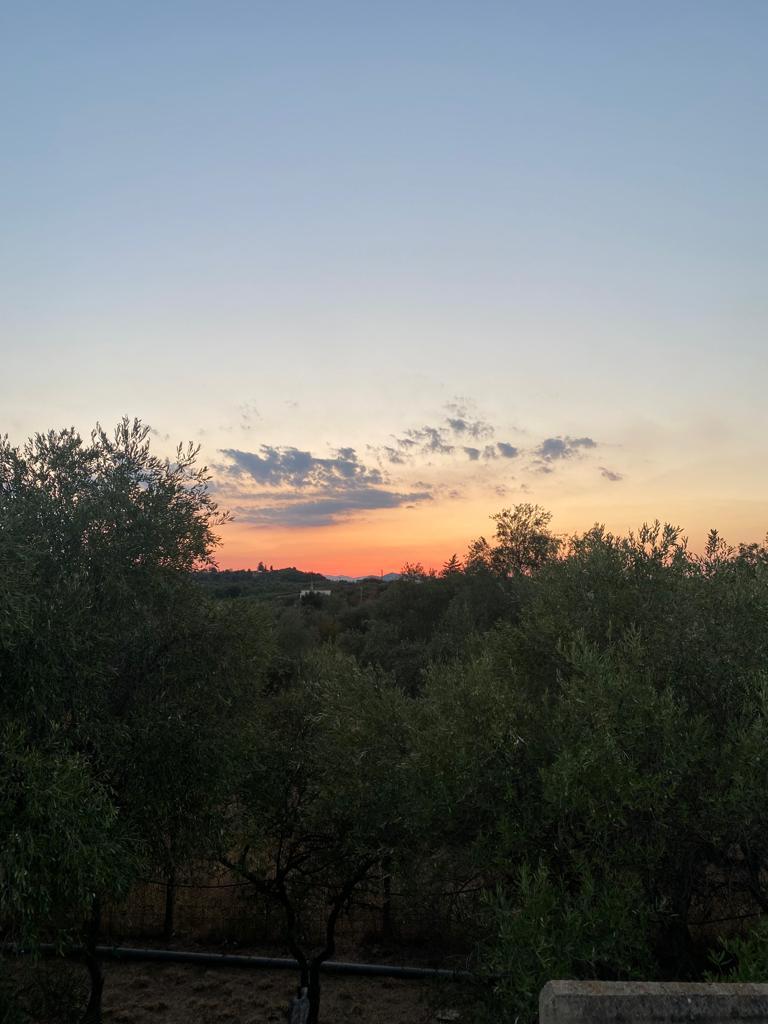The real slow living
Where can we experience it?
The concept of slow living has become quite popular lately. There’s an inspiring book on the subject: In praise of slow, by Carl Honoré. Though pushed aside from contemporary society, there was a time when it was part of Italian culture.
Indeed, our holiday in Basilicata (Southern Italy) reminded us of the values connected to slowness. Moving at a slower pace. Connected to nature and in sync with its timing. Savouring a quiet environment. Having mindful behaviour towards life, nature and things we need.
We enjoyed it and found it beneficial for the mind and the soul.
Slow lifestyle in Basilicata
Do you really want to understand slow living? Then, go to Basilicata, and you will find out how it is integrated into their daily lives. People do not hurry. Running errands is not hectic. For instance, they wait for their turn at the baker. Even if there is a queue, nobody complains. No honking if someone stops the car in the middle of the road to ask for information. And if anyone honks, it is just to say hello! Because there, they salute everyone. Also, they sit ‘al fresco’ to enjoy some fresh air late afternoon or evening.
With production plants based in northern areas, people had to move to those places to find a job, leaving the south to abandonment. And it’s been easy in big towns to get sucked by what was supposed to be the right thing to do, becoming cogs of a relentless money-driven society that wants us to be productive day and night.
Slow: the South way
However, a comment made us reflect. During our holiday we met a woman coming from Northern Britain. We asked why she had chosen Marina di Pisticci for her holiday and if she had relatives there or what. But she said: “I was looking for a place that had no influence from the northern side. So we came here, to find the real Italy. It’s a quiet place and we fell in love with it.”
So, the more you go south, the more you can experience slow living. No influence from the north is the case for Basilicata. Indeed, the region tends to be disconnected from the rest of Italy. Viability from town to town is not well developed. A sense of isolation prevails, which makes it fascinating.
Slow living & big towns
Indeed, this woman gave a good insight. Northern areas are not the place for a slow lifestyle. Whatever your vision is, Milano, Paris, or London aren’t the place for slowness. So, for people like us living in big towns, it’s about reconsidering our values, priorities and lifestyle.
To make changes in your life, start getting rid of the sense of urgency typical of big towns. Remind yourself there is nothing to chase after. Take deep breaths, appreciate slowness and savour every moment.
The real slow living Read More »
